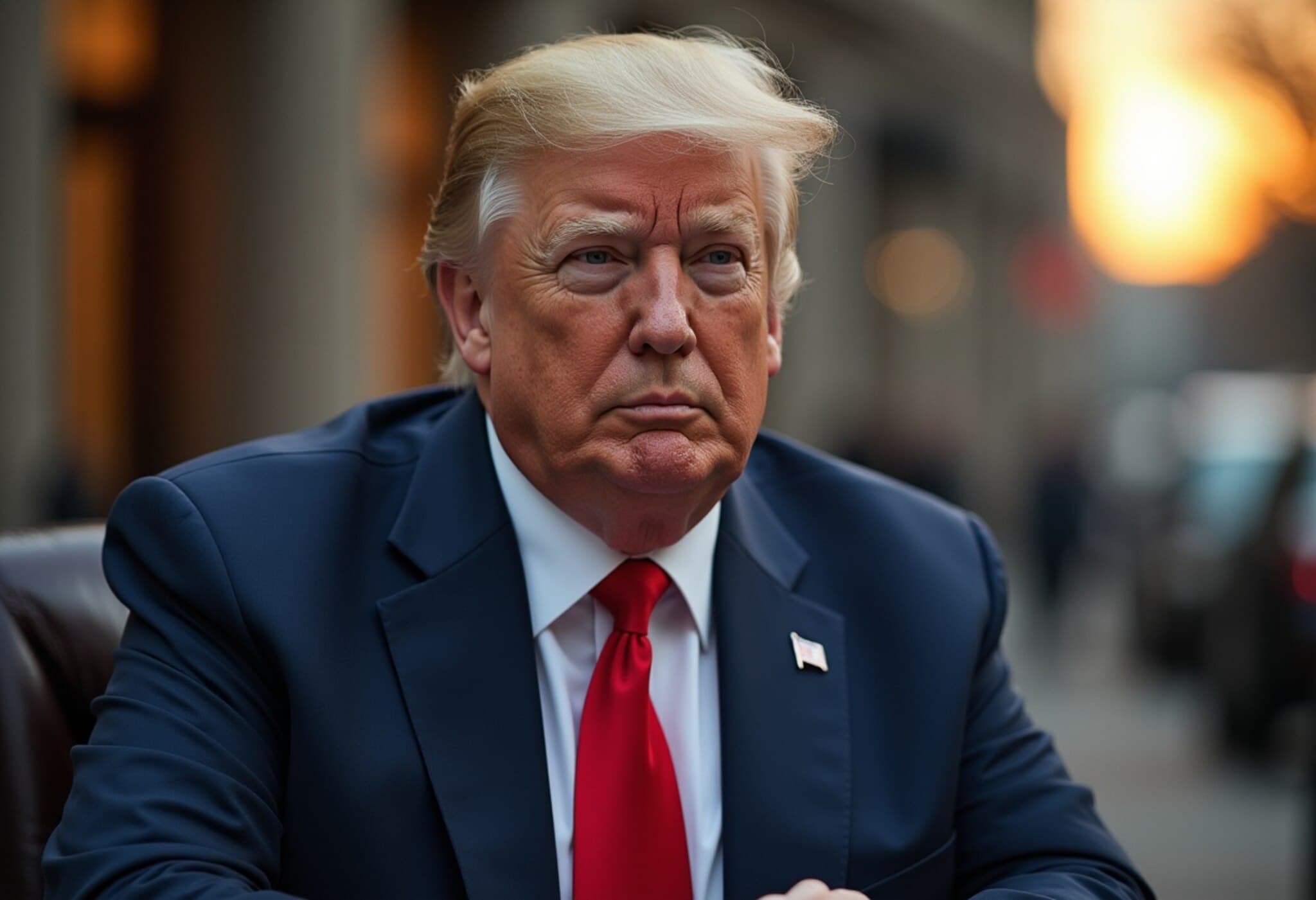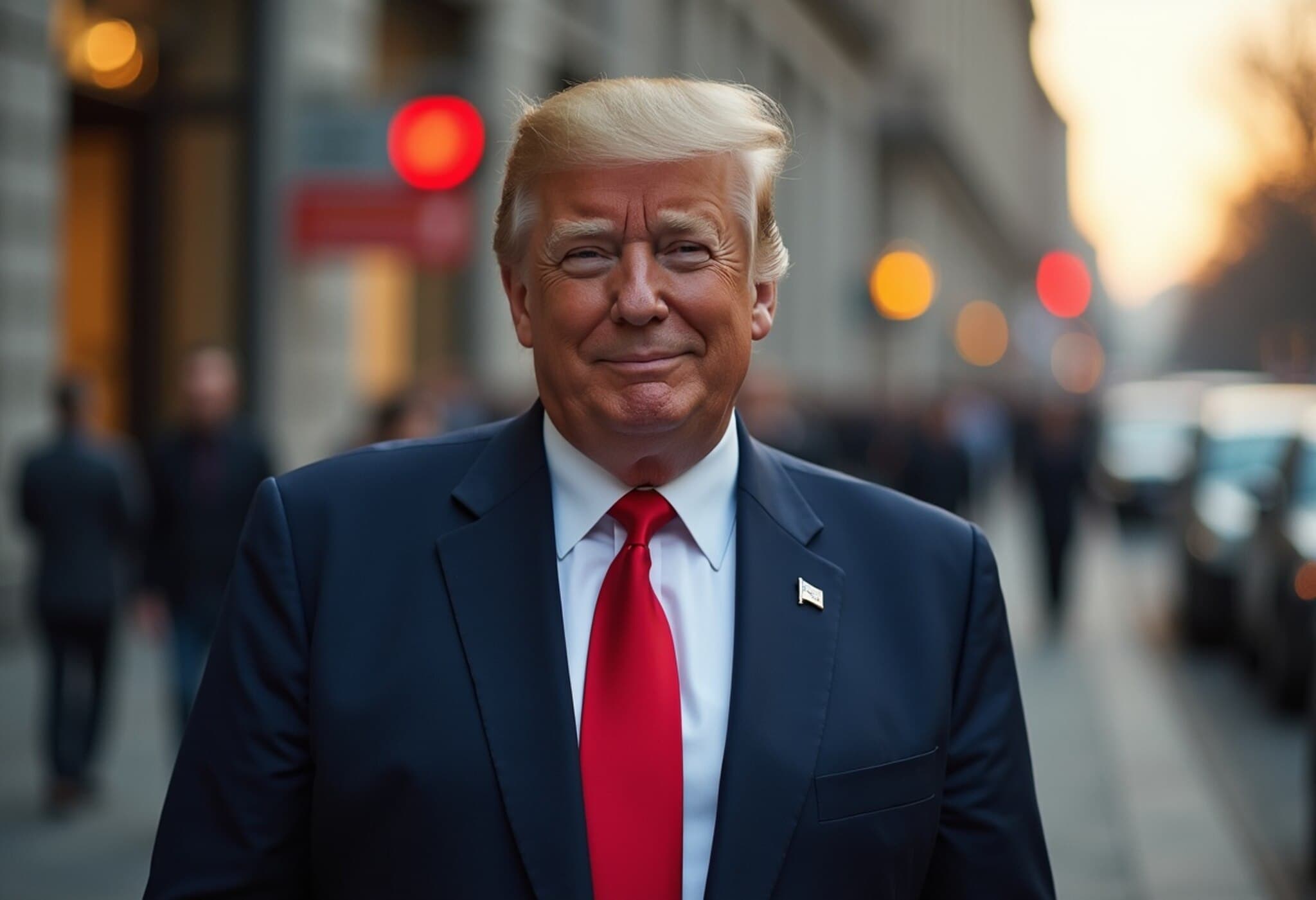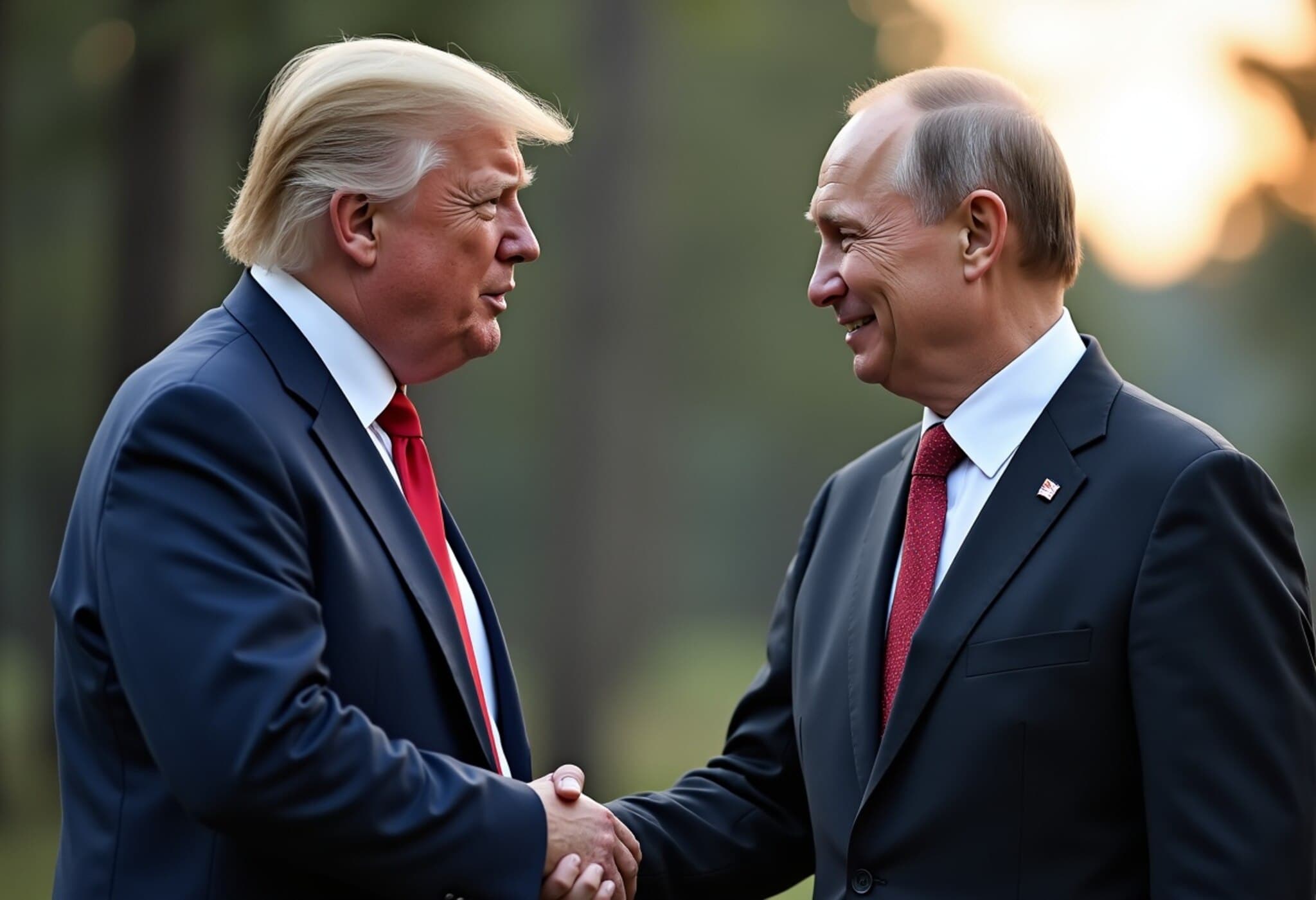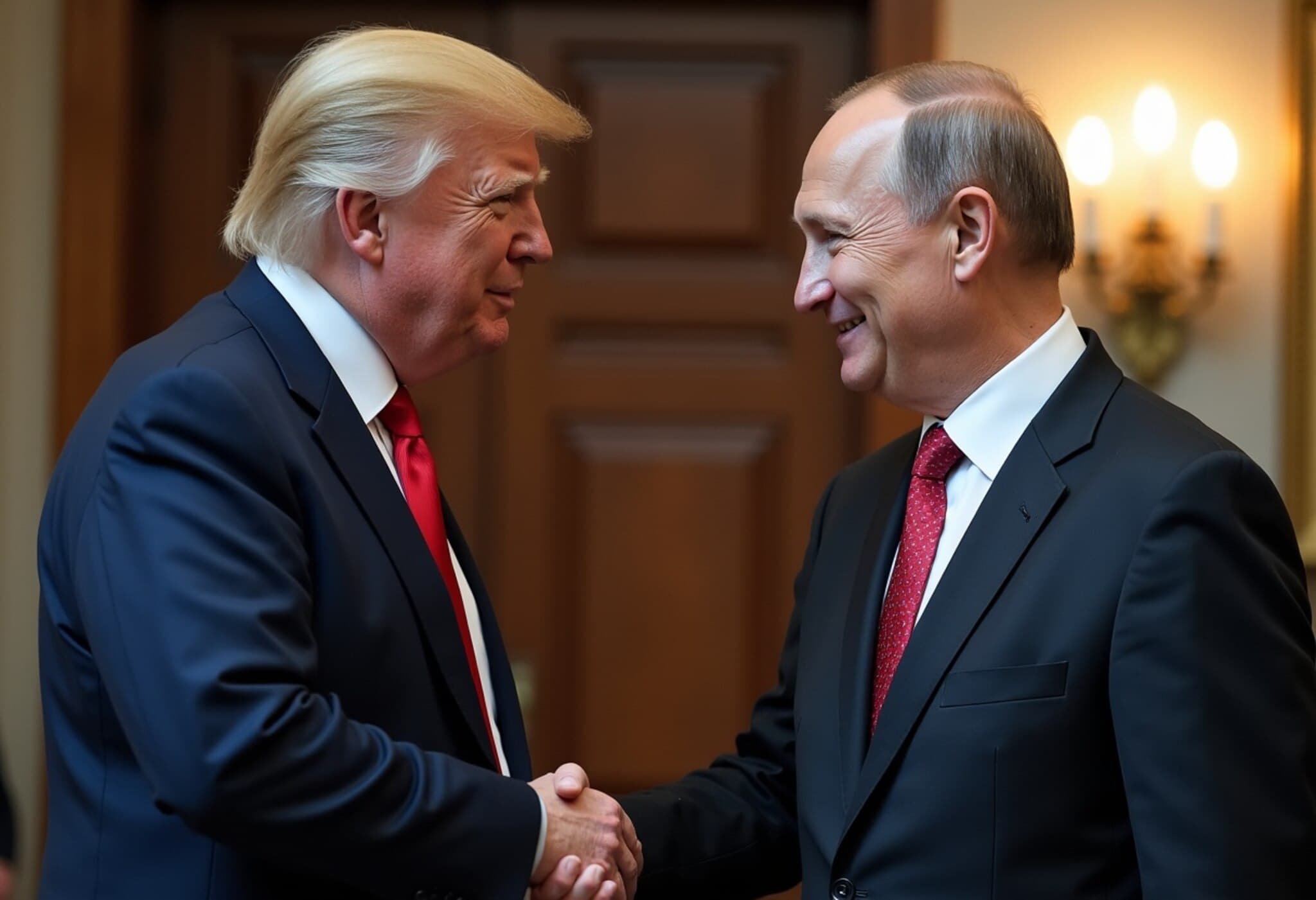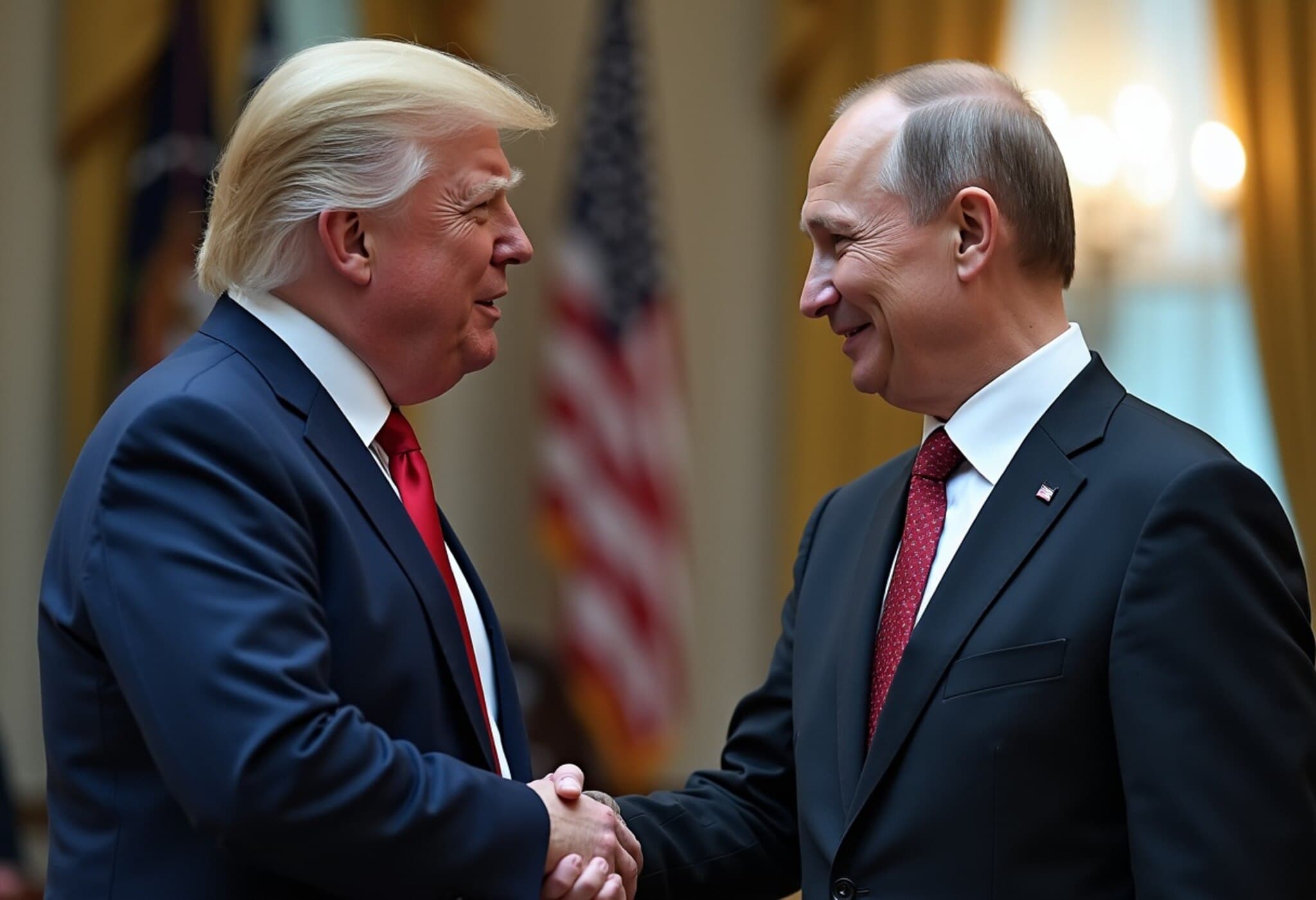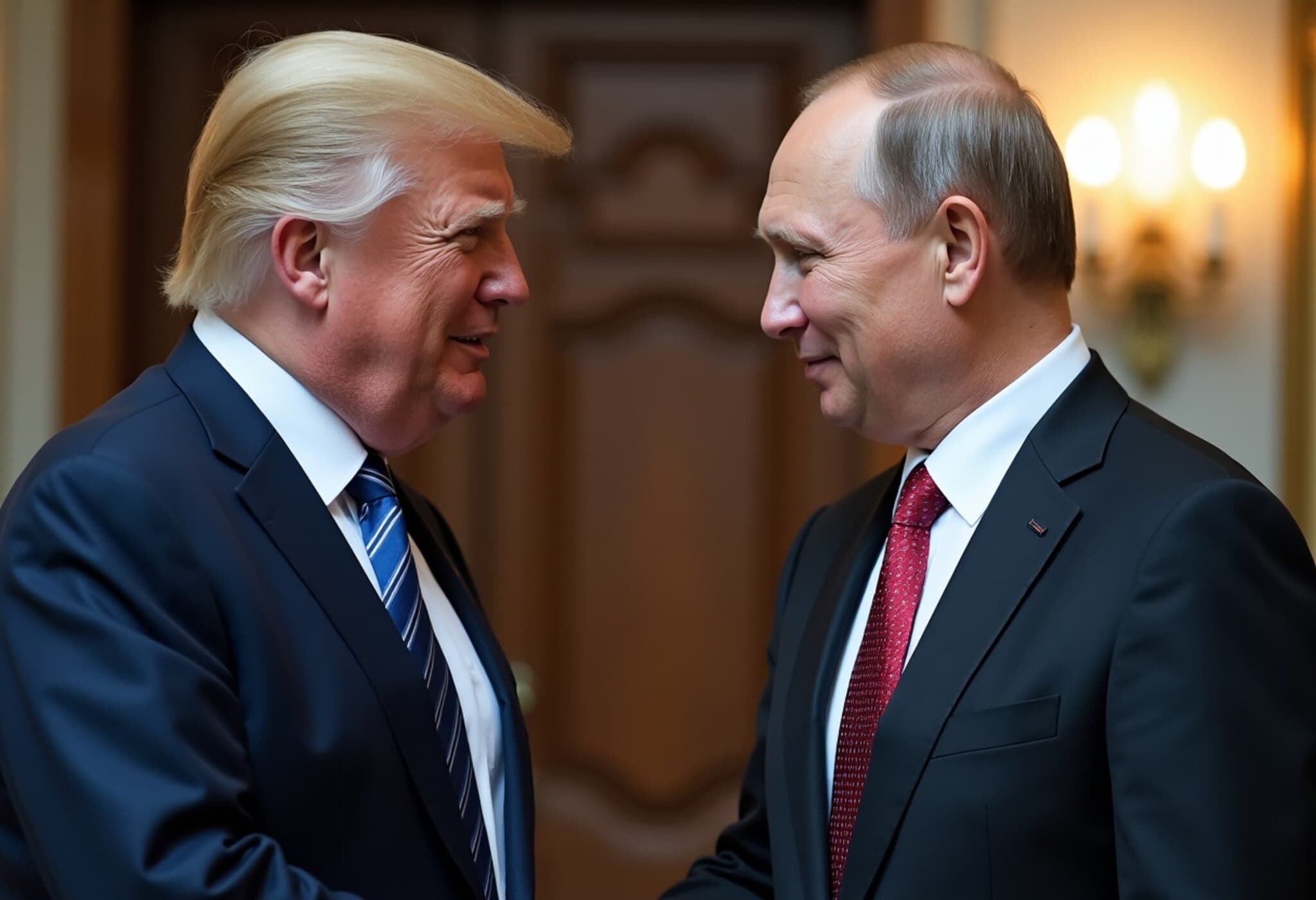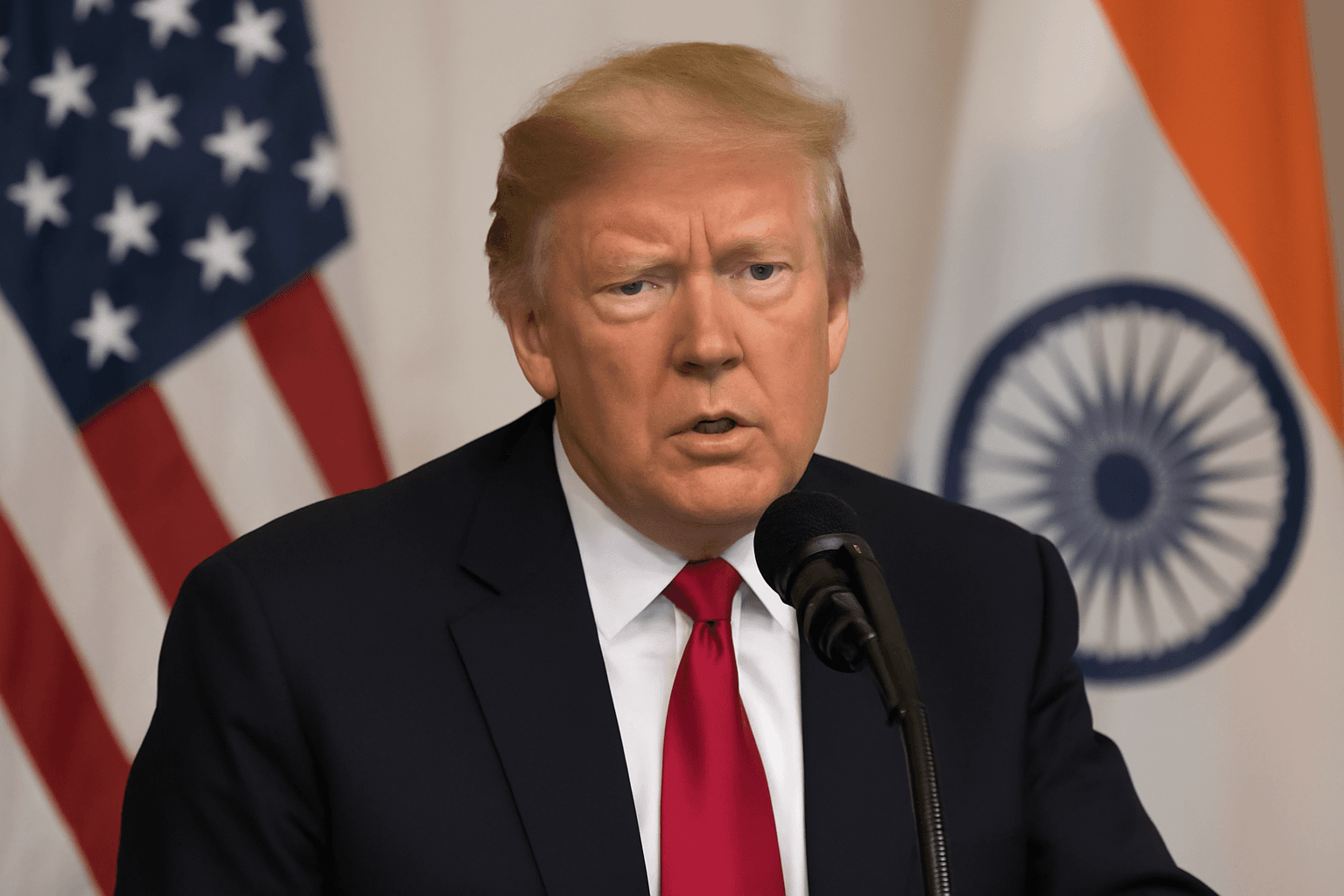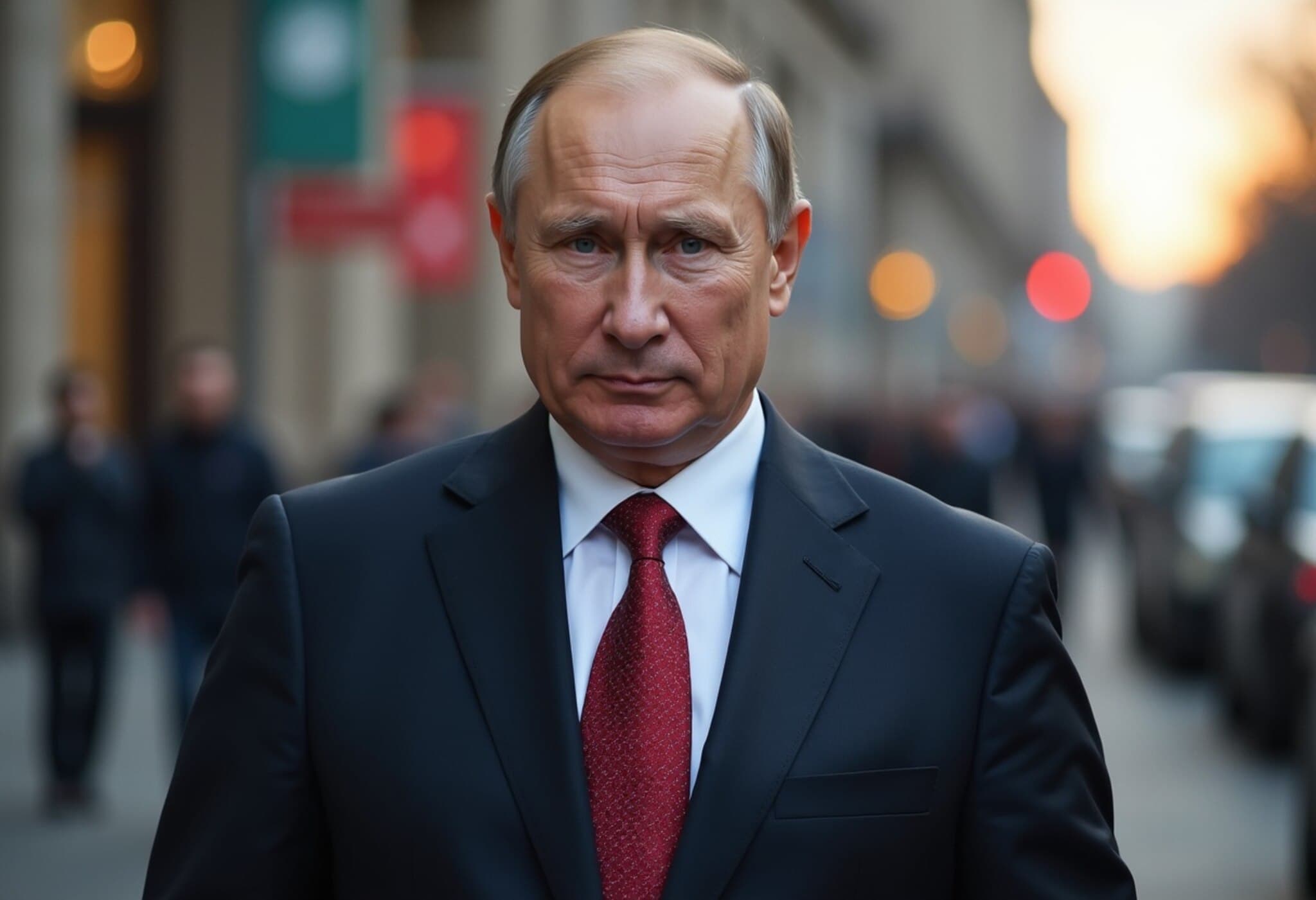Trump Links Declining Energy Prices to Potential Halt of Russia’s Ukraine Offensive
In a recent CNBC interview, former U.S. President Donald Trump suggested that a significant drop in global energy prices might force Russian President Vladimir Putin to reconsider his military actions in Ukraine. “If energy goes down enough, Putin is going to stop killing people,” Trump remarked, adding, “If you get energy down, another $10 a barrel, he’s going to have no choice because his economy stinks.”
Energy Prices and Geopolitical Leverage
Trump’s comments reflect a broader understanding of how energy markets intertwine with global geopolitics. As the cost of oil impacts the Russian economy—heavily reliant on energy exports—lower prices could constrain Moscow's ability to sustain prolonged military engagements.
OPEC+ Production Increases Fueling Price Declines
The recent dip in energy prices stems, in part, from OPEC and allied producers ramping up output. Notably, the OPEC+ coalition agreed to raise production by 547,000 barrels per day starting September, chasing market share amid concerns over potential disruptions linked to Russia’s actions.
- This production boost comes as a reversal of earlier output cuts totaling nearly 2.5 million barrels per day, roughly 2.4% of global demand.
- Petro-states including the United Arab Emirates are playing a key role in this strategy.
Trump noted with a characteristic blend of humor and observation, “If you notice OPEC and OPEC+, they’re drilling more because I think they want me happy.”
US Diplomatic Pressure: Targeting Russian Oil Buyers
The Trump administration’s stance also highlights diplomatic maneuvers to curb Russian oil revenues. Washington has intensified efforts to persuade India and China—two of the world's largest energy consumers—to reduce their purchases of Russian crude. This strategy aims to apply economic pressure on Moscow, nudging it toward peace negotiations.
Economic Outlook for Russia Amid Sanctions
The International Monetary Fund recently adjusted Russia’s economic growth forecast downward to 0.9% for 2025, signaling the mounting challenges facing the Russian economy under continued sanctions and geopolitical uncertainty.
Expert Insight: The Complex Ties Between Energy and Conflict
Energy prices have long been a lever in international relations, especially concerning Russia's strategic calculus. However, relying solely on market-driven forces to influence geopolitical outcomes is precarious. History shows that authoritarian regimes often prioritize military objectives over economic wellbeing, even at steep costs.
Moreover, while a $10 drop per barrel can strain an economy heavily dependent on oil exports, it may not directly translate into an immediate cessation of conflict. Factors such as domestic political stability, international alliances, and military objectives complicate this equation.
Regional and Global Implications
- For the U.S. and its allies, encouraging lower energy prices while simultaneously ramping up sanctions is a balancing act that could impact domestic energy sectors and inflation rates.
- Emerging markets, especially those dependent on oil imports, stand to benefit from lower prices but remain vulnerable to geopolitical volatility.
- India and China’s response to U.S. pressure on Russian oil imports will be pivotal, underscoring the multipolar nature of today's global energy politics.
Looking Ahead
As OPEC+ continues its aggressive production strategy and diplomatic pressure on Russian oil buyers intensifies, the global energy landscape is poised for significant shifts. Whether these changes can effectively influence the trajectory of the Ukraine conflict remains a subject of robust debate among policymakers and analysts.
Editor’s Note
Trump's linkage of energy price drops to Putin’s war calculus opens a window into the complex interplay between economics and geopolitics. While lower oil prices may tighten Russia’s financial grip, peace hinges on multifaceted diplomatic efforts and global coordination. This evolving scenario underscores critical questions:
- Can economic pressures alone pivot the course of conflicts rooted in national identity and security concerns?
- What roles will emerging global powers play amid Western sanctions and energy market shifts?
- How will fluctuating energy prices impact domestic politics in major consuming and producing nations?
Readers should watch these dynamics closely, as the energy market's ripple effects stretch far beyond price tags — shaping international stability and human lives in profound ways.

